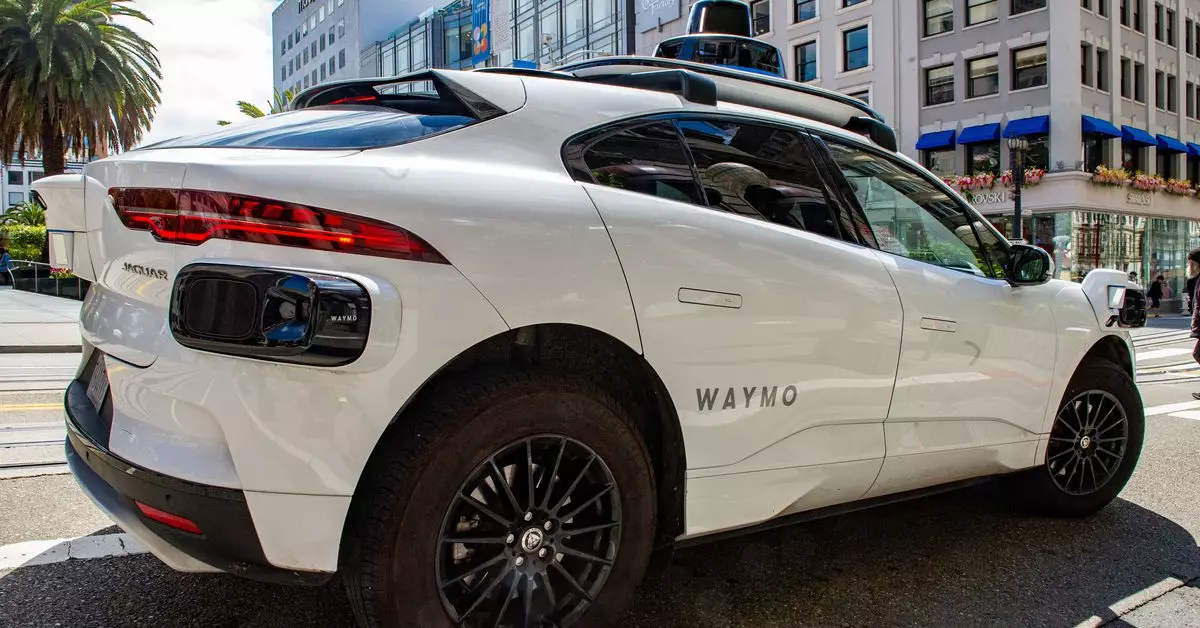Waymo, a subsidiary of Alphabet Inc., has embarked on an unprecedented journey as it prepares to introduce its autonomous vehicles (AVs) into Tokyo’s complex landscape. This marks a significant milestone, as it represents Waymo’s first deployment in a foreign market, specifically in a city renowned for its dense urban environment and unique driving norms. As the company navigates international waters, the move aims to enhance its understanding of the intricacies associated with Japanese driving habits, particularly the challenges of left-hand traffic, while also laying the groundwork for future operational endeavors.
Creating a structurally sound partnership is critical for Waymo’s success in Japan. To facilitate its operations in Tokyo, Waymo has allied with Nihon Kotsu, a prominent local taxi fleet operator, which will manage the deployment of about 25 vehicles. These robust vehicles will initially be operated manually, assisting in collecting essential mapping data during the test phase, scheduled to commence in early 2025. This collaborative effort highlights the importance of integrating local expertise while introducing innovative technology.
The involvement of GO, a well-known taxi app in Japan, suggests a strategic maneuver towards offering future robotaxi services through established local mobility providers. This aligns with Waymo’s modus operandi in the United States, where it currently pairs its autonomous fleet with existing ride-hailing platforms like Uber in specific cities, showcasing an adaptive business strategy that seeks to navigate the regulatory and operational landscapes of different markets.
Waymo’s public stance emphasizes a cautious progression into the Tokyo market. According to Waymo spokesperson Sandy Karp, although the company harbors ambitions of eventually expanding its services, it is committed to first understanding how its autonomous technology can harmonize with Tokyo’s transportation ecosystem. The intent is clear: to learn and adapt before fully committing to a passenger service in a city characterized by its intricate navigational challenges.
Currently, Waymo operates approximately 700 vehicles across several U.S. cities, including prominent locations like San Francisco and Los Angeles. Despite facing growth challenges, the company has managed to provide over 175,000 paid rides weekly, illustrating a commitment to refining its technology and service reliability in prepared environments before taking additional leaps in international markets.
Entering the Japanese market will not be without its hurdles. Japan’s automotive industry is deeply entrenched, creating competitive tensions for newcomers like Waymo. Existing players, such as Toyota and Nissan, have predominantly focused their testing and development of autonomous technology outside of Japan, especially in markets like China, which presents a distinct challenge for Waymo. This dynamic raises questions about whether Waymo can effectively penetrate a market that has been somewhat resistant to external competition in the realm of automated travel solutions.
Moreover, the unique cultural and regulatory landscape of Japan necessitates a careful approach. As Waymo maneuvered the complexities of local governance and public sentiment, building trust and ensuring safety will be paramount. The pilot program, which will see specialized operators managing the AVs, reflects a commitment to safety above all else, allowing for a gradual transition to hands-free autonomous driving.
As Waymo forges its path into Tokyo, it is adopting a methodical strategy aimed at establishing a foothold in an international arena marked by uncertainty and rapid change. While the aspiration to innovate and expand is vivid, the company remains inherently aware of the task at hand, recognizing that each step in this journey is pivotal. The future may hold prospects for robotaxi services in Japan, but for now, the focus lies on mastering the art of navigation and integration into an existing system, showcasing an operational philosophy rooted in cautious optimism and astute learning. The journey ahead could redefine not just Waymo’s future but also the broader landscape of autonomous mobility in international markets.


Leave a Reply